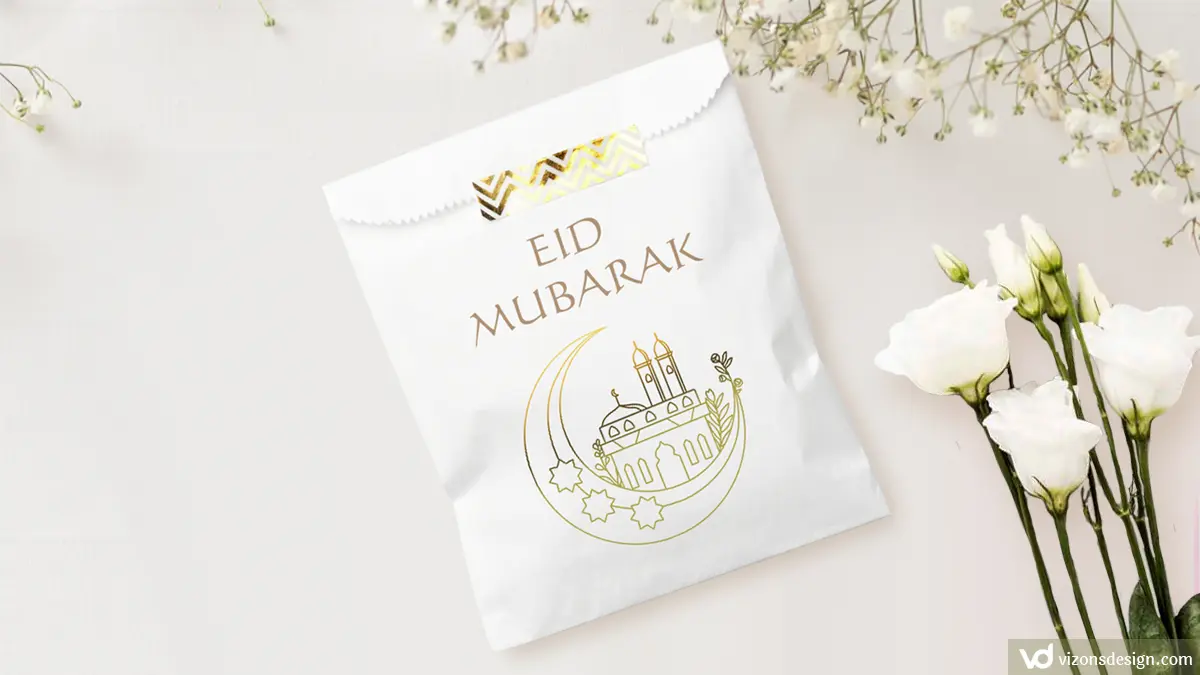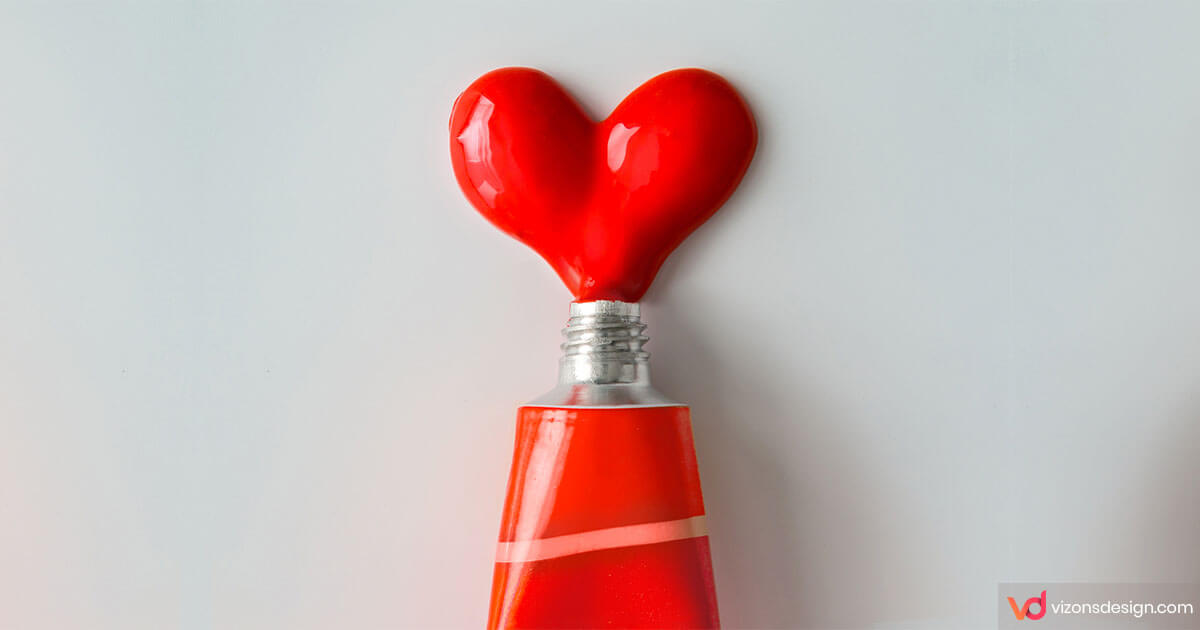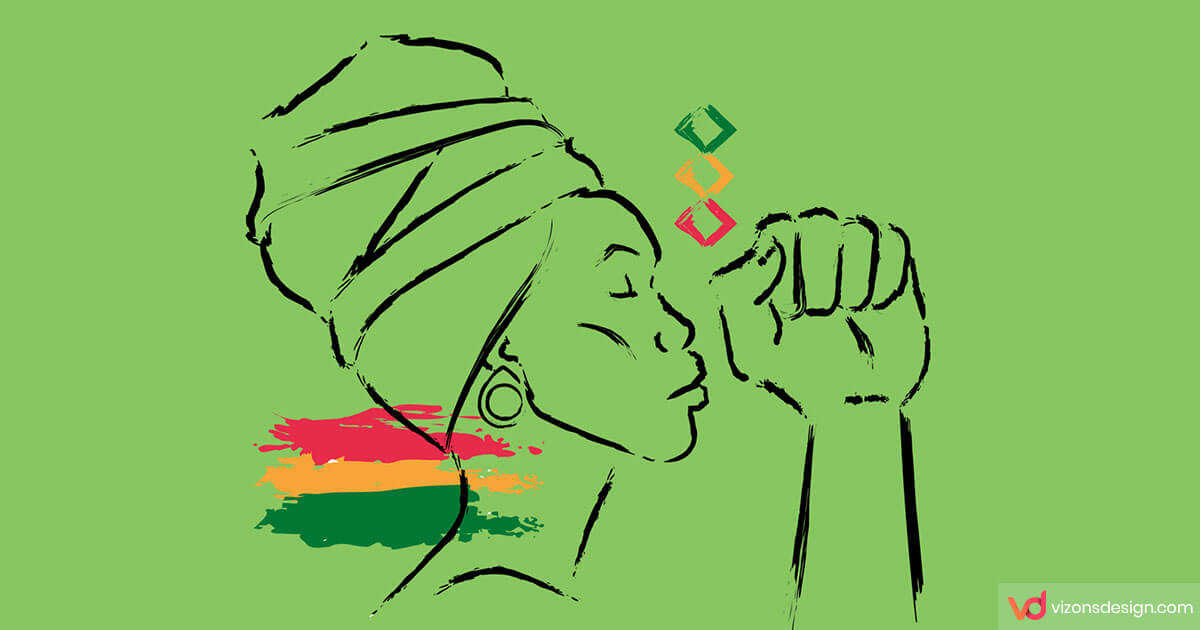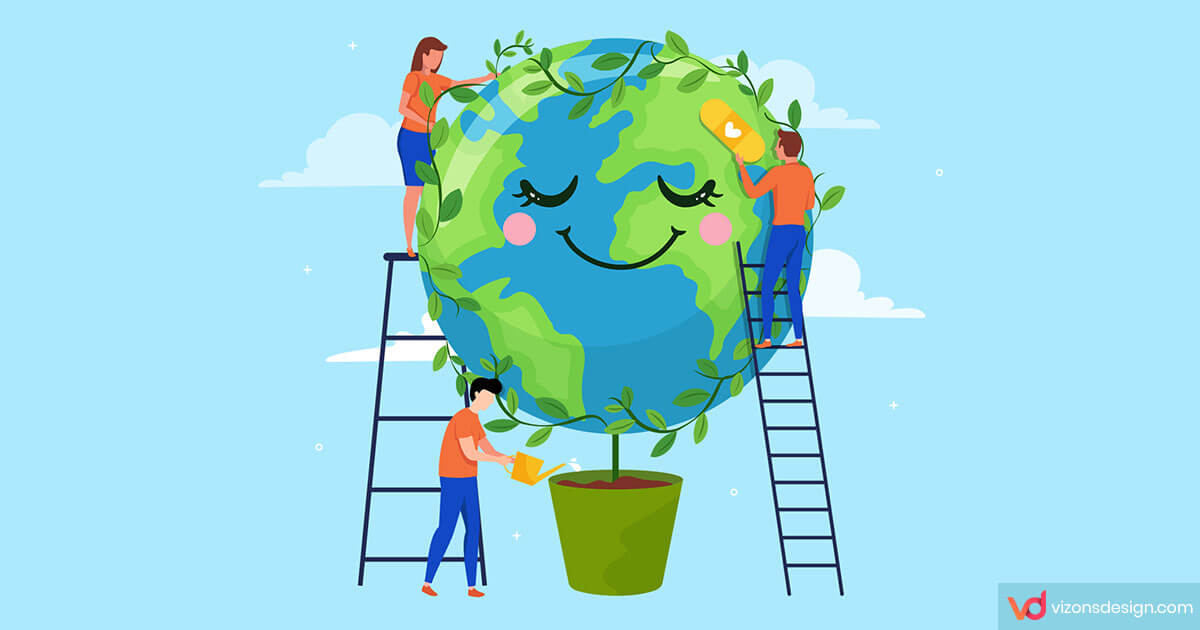What Is Eid al-Fitr and How Is It Celebrated?

Eid al-Fitr, often referred to as the “Festival of Breaking the Fast,” is one of the most important religious holidays celebrated by Muslims around the world. It marks the end of Ramadan, a month of fasting, reflection, prayer, and community. Celebrating Eid al-Fitr is a time of joy, gratitude, and togetherness, offering a vibrant glimpse into Islamic culture and tradition.
The Meaning Behind Eid al-Fitr
Eid al-Fitr translates to “Festival of Breaking the Fast” in Arabic. It begins with the sighting of the new moon, signaling the conclusion of Ramadan. For Muslims, Ramadan is a time of spiritual cleansing, self-discipline, and empathy for those less fortunate. Eid al-Fitr is a reward and celebration of completing this sacred month.
When Is Eid al-Fitr Celebrated?
The exact date of Eid al-Fitr varies each year, as it follows the Islamic lunar calendar. It typically lasts one to three days and begins with the first sighting of the crescent moon of Shawwal, the 10th month in the Islamic calendar. Because of this, the holiday may occur on different dates depending on geographical location.
Celebrating Eid al-Fitr Around the World
Celebrating Eid al-Fitr takes on unique traditions in different parts of the world, but some core customs are shared globally:
- Special Prayers (Salat al-Eid). The day starts with a special prayer performed in large congregations, usually in open spaces or mosques. It’s a moment of unity and spiritual reflection.
- Charity (Zakat al-Fitr). Before the prayer, Muslims are encouraged to give a special form of charity to the needy. This act ensures that everyone can join in the festivities, regardless of their circumstances.
- Feasting and Family Gatherings. After a month of fasting, food becomes central in celebrating Eid al-Fitr. Families prepare lavish meals, share sweets like dates and pastries, and host gatherings filled with laughter and gratitude.
- Wearing New Clothes. It’s traditional to wear new or the finest clothes on Eid, symbolizing purity and a fresh start.
- Exchanging Gifts and Greetings. Common greetings include “Eid Mubarak” (Blessed Eid). Children often receive gifts or money, known as Eidi, from elders.
Cultural Variations in Celebrating Eid al-Fitr
Indonesian people return to their hometowns in a tradition called mudik, creating one of the largest annual human migrations. Middle Easterner families enjoy traditional dishes like maamoul (stuffed cookies) and large gatherings over tea and coffee. And in the West, many Muslim communities host open events, inviting neighbors and non-Muslims to learn about the holiday, fostering interfaith harmony.
The Spirit of the Festival
Above all, celebrating Eid al-Fitr is about gratitude, generosity, and joy. It’s a time to reconnect with loved ones, seek forgiveness, and start anew with hope and positivity. Whether through communal prayers, acts of kindness, or festive meals, Eid al-Fitr reminds Muslims of their faith’s emphasis on compassion and unity.
You may also enjoy reading: Wedding Program Ideas & Examples To Inspire You
Vizons Design
Related Posts

Cute Valentine’s Day Image Ideas
This year, think about all the cute Valentine’s Day image ideas you can use from…

Celebrating Black History Month Through Videos, Images
In honor of Black History Month, we’re spotlighting less known African American leaders. Vizons Design…

5 Things You May Not Know About St. Patrick’s Day
To start this post off right, it’s Paddy, not Patty. And most of us have…

Earth Day Tips For Going Green You Can Use Every Day
Thinking of going green is not just for Earth Day. It's an every day occurrence.…

